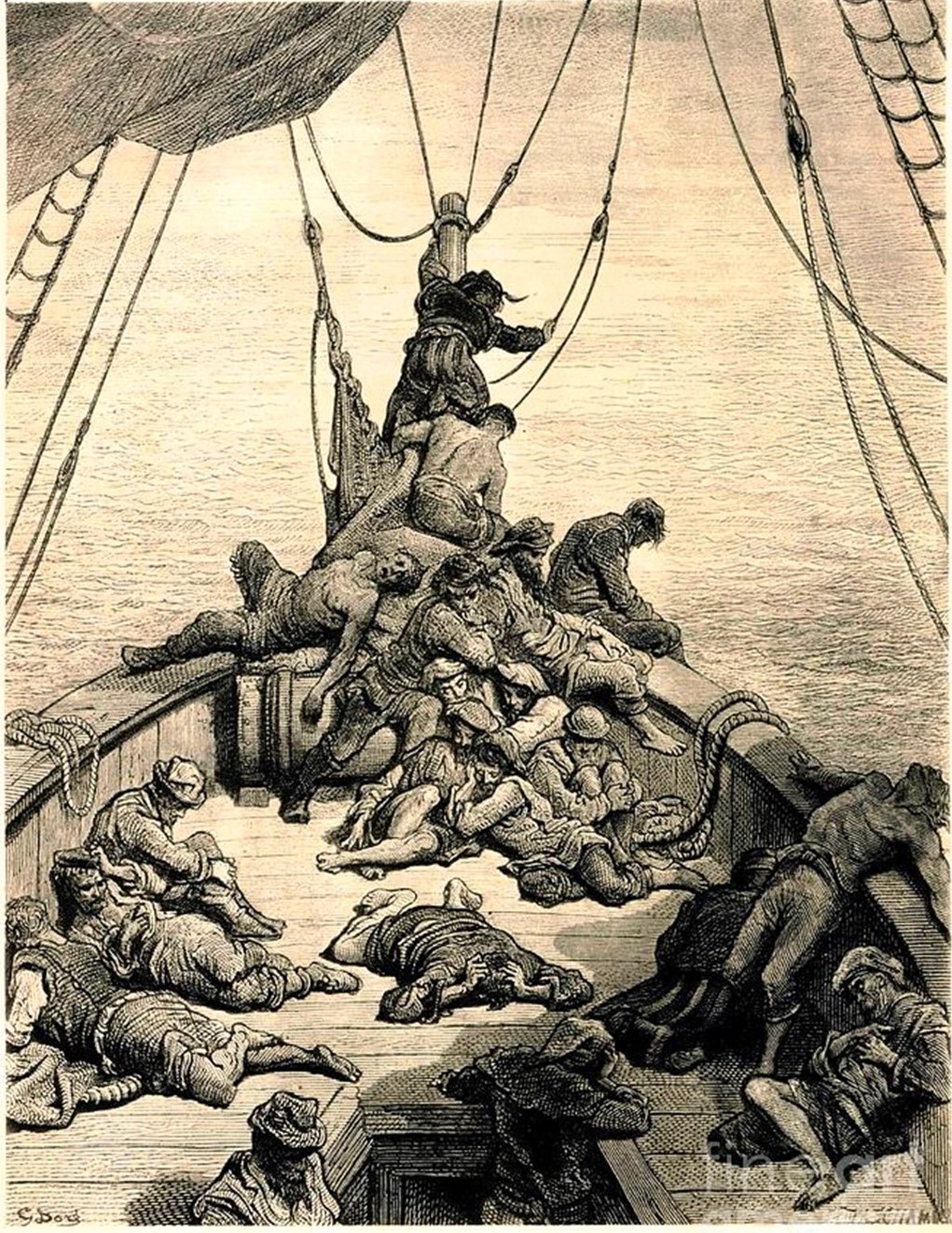
Here is another poem of loss and it’s called “The Widow” (the title links to it). I wrote it some years ago, in sorrow for the grief of the person concerned, but also in awe at how she voiced her bereavement, the words she reached for, and the way she flung them out, time and again, to her dead husband. It was just before the funeral and she was sitting there by the open coffin, waiting to go into the church, facing out and away over the graveyard and the orange trees and lemon trees there (we were in Athens). The scene was somehow majestic.
And of course I cannot help but be aware of all the present sorrowing across the world, experienced by those left behind after the Covid-19 virus has passed through their family, meting out an often lonely death among strangers, a death without due words, without due recognition and community.
But here in the UK there is another element in this overpowering, all-embracing sense of grief and outrage and loss. And surely it must feel the same in the USA, in Brazil, in Russia, in all those other nations whose citizenry have lost their way like us, having had their integrity of being, their national honour, their self-respect, stolen from them by those who pretend to lead them.
In the UK, we are “led” by a felon Toad. It is on public record that, on two separate occasions in the past, he has been sacked for lying, and yet still and despite that, we made him our Prime Minister. And of course, thus encouraged, he just carries on where he left off. One of his first acts after becoming Prime Minister was to lie to our constitutional head of state, the Queen ; and of course he is now insisting on retaining his lying “advisor,” this warped creature of chaos and outrage. In humanity’s many-faceted crisis, we are trapped and lost at sea, ill-captained, ill-protected, deceived, reduced, insulted.
“My eyes ! My eyes ! Where are you ? I’m blind !”
The illustration above is an engraving by Gustave Doré. It is one of his illustrations for Coleridge’s poem “The Rime of the Ancient Mariner.”
